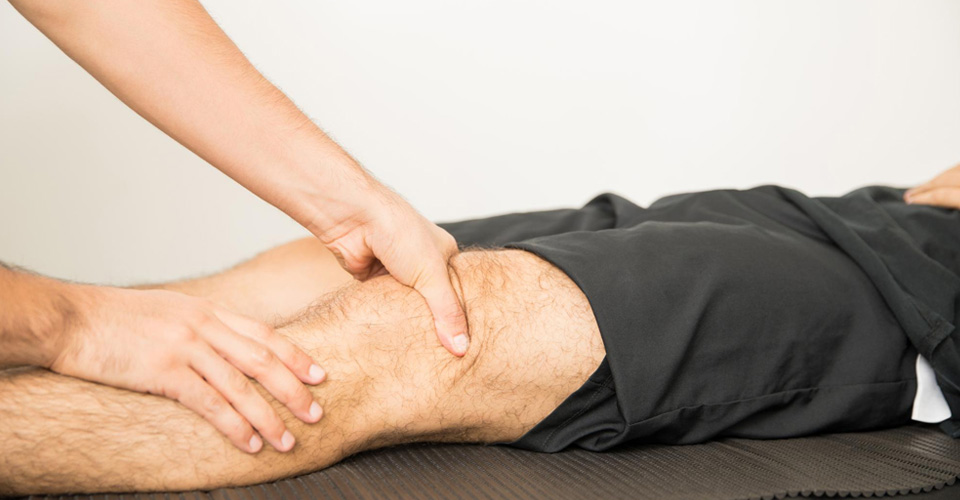
How Does Ayurveda Treat Rheumatoid Arthritis?
Rheumatoid Arthritis is a chronic autoimmune disorder affecting millions of people worldwide. Unfortunately, there is no cure for this condition. While conventional medicine offers a range of treatments, from medications to surgery, many people with this condition seek alternative approaches to manage their symptoms and improve their quality of life. This is where Ayurveda plays a role.
In recent days, people have become more aware of the potential benefits, and many have begun researching Ayurvedic treatments for various health concerns. Rheumatoid arthritis is one such case. In this blog, we will look at how Ayurveda treats Rheumatoid arthritis and provides long-term healing.
Rheumatoid Arthritis: Definition, Causes And Symptoms
Rheumatoid Arthritis (RA) is an autoimmune condition that leads to joint inflammation, discomfort, and swelling. This can make ordinary tasks like brushing your teeth or holding a book incredibly difficult. RA arises when the body’s immune system misidentifies its own cells as foreign intruders and attacks them. Although the cause of this condition is unknown; however, genetic and environmental factors are believed to have a part.
Symptoms of RA include joint pains and stiffness as well as fatigue, fever and weight loss in some cases. It can get worse if left unchecked and without treatment. So getting early professional care is essential for treating the condition.
Ayurveda Treatment For Rheumatoid Arthritis
Ayurveda is a holistic medical system that has been practised in India for over 5,000 years. Rather than only treating the symptoms, it seeks to restore balance to the body, mind and soul by addressing the condition’s underlying cause. This is performed by balancing the three Doshas, (Vata, Pitta, and Kapha).
It is believed that the imbalance of Vata Dosha is the root cause of RA, which is also known as “Amavata” in Ayurveda. The Ayurveda treatment for RA mainly focuses on Detoxification procedures, Diet modification, Lifestyle changes, Yoga, Massage, Meditation and Herbal medicine.
- Detoxification Procedures
One of the main Detoxification procedures, Panchakarma, is an ancient Ayurvedic treatment technique that is used to cleanse and detoxify the body. This method relieves inflammation and discomfort while improving joint mobility in individuals with rheumatoid arthritis (RA). Vamana (therapeutically induced vomiting), Virechana (laxative therapy), Vasti (colon therapy), Nasya (nasal oil therapy), and Raktamokshana (blood purification therapy) are the specific therapies performed for detoxification.It is important to note, however, that Panchakarma should be administered under the guidance of a licensed practitioner. Before beginning any supplementary treatment, it is essential to discuss it with an Ayurvedic doctor to ensure that it is suitable for one’s specific treatment.
- Dietary Changes
Diet plays a crucial role in Ayurvedic treatment, and a nutritious and balanced food regimen tailored to the individual’s dosha is essential. For example, those with a Vata imbalance that causes RA should avoid eating raw vegetables and minimise their dairy consumption. A diet rich in anti-inflammatory foods like turmeric, ginger, and omega-3 fatty acids can help restore balance.Cooked grains, such as rice, wheat, and ragi, as well as cooked vegetables, such as carrots, broccoli and beetroot, should also be included. In moderation, mung beans, soybeans, lentils, and peas should also be consumed. Most importantly, people with RA should avoid processed foods and refined sugars as much as possible, as these can trigger inflammatory responses in the body.
- Yoga, Exercise And Meditation
Yoga, exercise, and meditation are all helpful for those with rheumatoid arthritis. Yoga can help reduce pain while improving joint mobility, strength, and quality of life. Although it may seem counterintuitive for individuals in pain, light and moderate exercise can help decrease inflammation and improve the range of motion. It is also helpful for weight management since extra weight can strain the joints.Furthermore, relaxation techniques such as deep breathing assist in lowering stress levels. However, excessive types of exercise should be avoided. Before beginning a yoga, exercise, or meditation practice, it is also essential to see a professional to customize the poses and exercises to specific requirements.
- Oil Massage
To reduce pain and increase circulation, Ayurvedic practitioners recommend massaging the affected joints with herbal oils. Oil massage is a common rheumatoid arthritis therapy. During an oil massage, the therapist will softly and delicately massage the oil into the skin to ease the pain and improve mobility. Oil massage increases the quality of life for persons with rheumatoid arthritis.
- Herbal Supplements
Ayurvedic practitioners regularly utilise herbs and supplements to treat rheumatoid arthritis (RA). Several herbal medicines and formulas are used to treat the condition’s symptoms. Some of the most often used herbs for reducing joint inflammation, pain, and stiffness include ginger, turmeric, boswellia, castor oil, and ashwagandha.
Conclusion
Ayurveda has a long history of treating rheumatoid arthritis, providing a powerful and holistic approach to treating the condition. Making lifestyle and nutritional changes can help individuals control their Rheumatoid arthritis symptoms and minimise inflammation. This therapy strategy can significantly ease pain and enhance mobility over time. People suffering from this chronic condition may find themselves in better overall health if they make appropriate lifestyle adjustments and food changes and apply herbal therapies.



